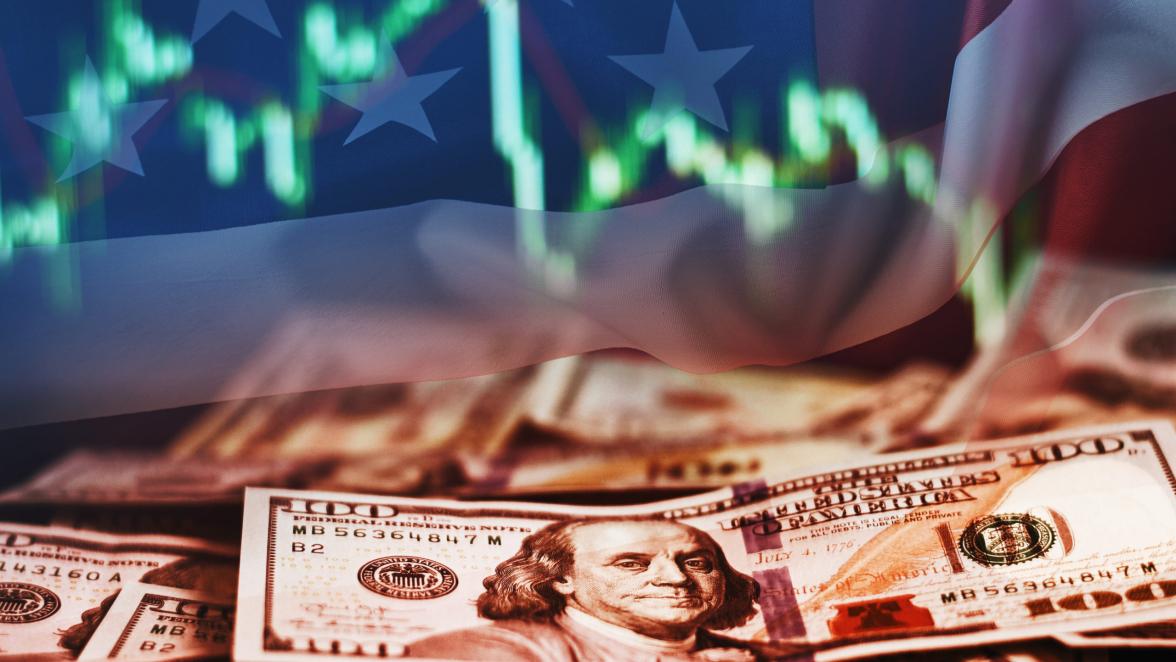Semantics—or the study of meanings, per Merriam-Webster—isn’t a term we hear often on Wall Street but with the Bureau of Economic Analysis letting us know last week that Q2 GDP contracted by 0.9%, following on a Q1 negative GDP print of 1.6%, the word is being bandied about as market observers debate whether the data points mean we are in a recession. There is room for debate as many investors believe a recession is marked by two consecutive quarters of economic contraction, while the official arbiter of our business cycle, the National Bureau of Economic Research (NBER), considers a recession to be a significant decline in economic activity spread across the economy for more than a few months (and the NBER has yet to weigh in on the current economic environment).
While we are having a bit of fun with the semantics of this, we don’t mean to make light of recent economic weakness—official recession or not—as any slowdown in economic activity tends to fall hardest on the most financially vulnerable of Americans. To put a finer point on the competing recession definitions, GDP is a broad measure of the goods and services produced across the economy while the NBER, or more specifically its Business Cycle Dating Committee, considers factors including employment, output, and household income when determining if we are in a recession (something it tends to do only after the economy has exited a downturn).
We do have a hard time believing the economy is in recession today (per the NBER) given a strong labor market and corporate earnings growth. We also remind ourselves that recessions are uncommon, as our economy was in recession just 8% of the time over the past 30 years (see chart; vertical bars mark periods of contraction). Maybe more importantly, as investors, it is worth reminding ourselves that the stock market was up much more than it was down over that time period, with the S&P 500 gaining 860% from 1992 through 2022 (see chart; the black line plots out the S&P 500). The S&P 500 is up 12% since its late June low of 3,636. We continue to think markets will be biased higher into year-end, aided by depressed investor sentiment, moderating inflation, and solid earnings growth.
The views expressed are those of Brinker Capital and are not intended as investment advice or recommendation. For informational purposes only. Brinker Capital Investments, LLC, a registered investment advisor. 1363-BCI-8/1/2022




























